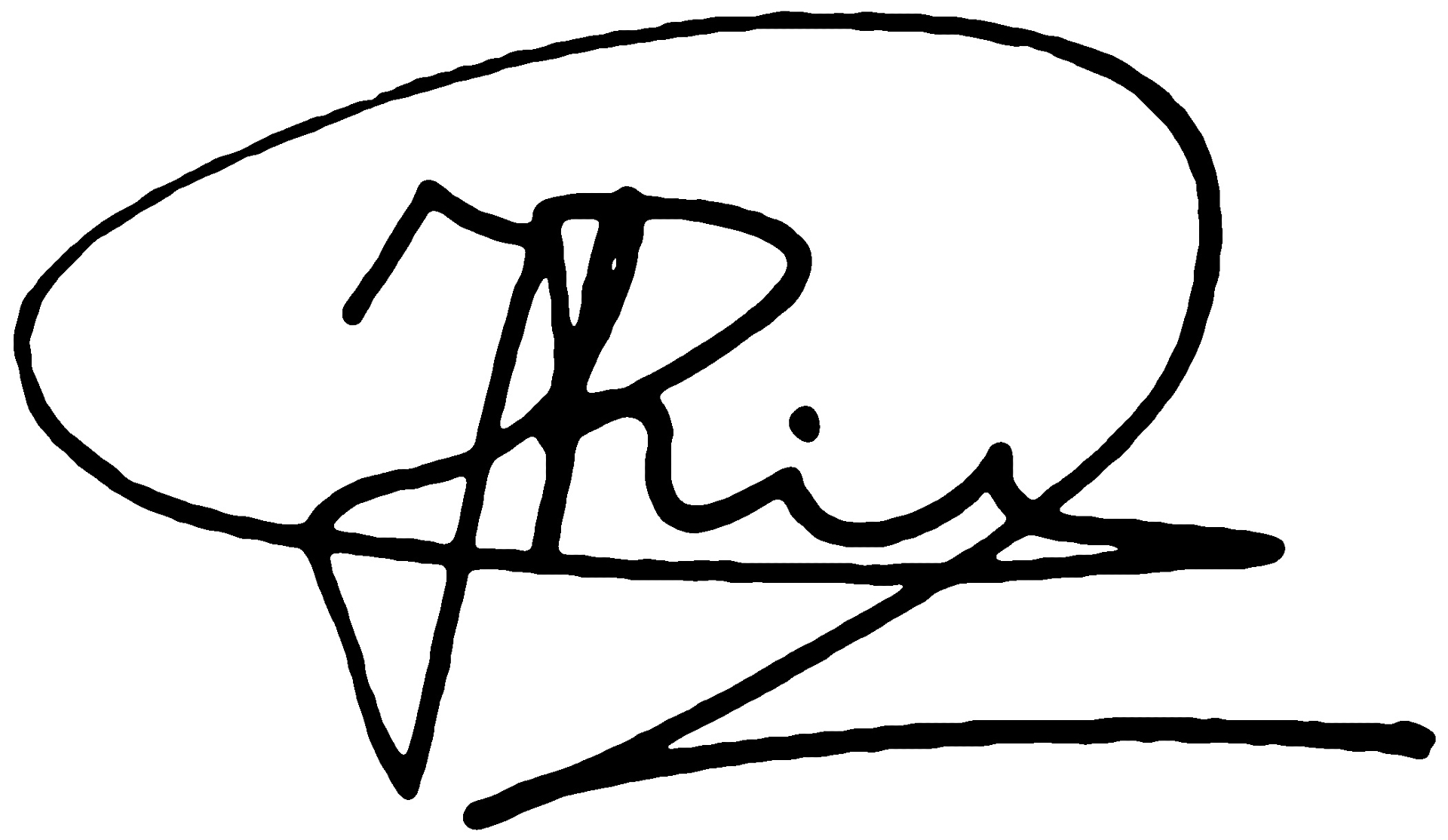Welcome
Welcome
Renewable Energy Hamburg Managing Director Jan Rispens in conversation with Board Chairman Sebastian Averdung and moderator Andrea Thilo at the German Renewables Award 2020
2020, the year of the pandemic, had a positive impact on climate protection and energy policy in Germany. Thanks to reduced economic activity, the Federal Republic of Germany unexpectedly achieved its 2020 target of 40% fewer carbon emissions. The share of renewable energy in the electricity sector was able to grow to 50%. However, when things return to normal in 2021, as we hope they will, we will notice that these were only temporary, rather than lasting, effects.
The effects of the pandemic represented the focus of Renewable Energy Hamburg Cluster Agency’s (EEHH) efforts in 2020. Many activities that had been planned did not go ahead or took place in a different format. Although there was a steep learning curve involved, we succeeded in converting many planned events into a digital format. Renewable Energy Hamburg held 30 web seminars and reached participants beyond the Hamburg metropolitan region. The uncertain situation provided us with clear digital momentum. Membership remained gratifyingly high despite the pandemic.
We held several events in person during the summer of 2020: the general meeting, the summer festival and 10th anniversary celebration, as well as the “German Renewables Award”. The vibrancy of agency life was demonstrated at the general meeting, at which seven candidates put themselves forward for two positions on the board. Active participation at the summer festival despite the pandemic highlighted the considerable interest in “genuine” networking. The “German Renewables Award” paid testament to the sector’s innovative strength with winners in offshore wind, heating concepts and hydrogen.
The northern German energy transition project “Norddeutsche EnergieWende – NEW 4.0” was delivered at the end of 2020. NEW 4.0 underlined how decisive statutory regulations are in translating a successful electricity transition into a holistic energy transition. In terms of technology, it was possible to implement many demonstration projects successfully. Today’s raft of regulations makes most of them uneconomical.
Political activities in energy policy continued to deliver at full digitalised speed. Renewable Energy Hamburg made inroads into the discussion surrounding Hamburg’s ambitious climate protection legislation. In connection with the ongoing revision of the Renewable Energy Act (EEG), the board and members also developed a position to indicate where the most urgent need for action lies in the draft legislation from the cluster agency’s perspective.
2020 was a challenging year and one of mixed fortunes for Renewable Energy Hamburg. The digital learning curve contributed to greater engagement on the part of our members. But a cluster agency lives through networking, which was only possible to a very limited extent. We very much hope that we will be able to utilise the digital learning effect in a “normal year” in 2021, but also that many in-person meetings can take place too. We look forward to a lively exchange with you.
The effects of the pandemic represented the focus of Renewable Energy Hamburg Cluster Agency’s (EEHH) efforts in 2020. Many activities that had been planned did not go ahead or took place in a different format. Although there was a steep learning curve involved, we succeeded in converting many planned events into a digital format. Renewable Energy Hamburg held 30 web seminars and reached participants beyond the Hamburg metropolitan region. The uncertain situation provided us with clear digital momentum. Membership remained gratifyingly high despite the pandemic.
We held several events in person during the summer of 2020: the general meeting, the summer festival and 10th anniversary celebration, as well as the “German Renewables Award”. The vibrancy of agency life was demonstrated at the general meeting, at which seven candidates put themselves forward for two positions on the board. Active participation at the summer festival despite the pandemic highlighted the considerable interest in “genuine” networking. The “German Renewables Award” paid testament to the sector’s innovative strength with winners in offshore wind, heating concepts and hydrogen.
The northern German energy transition project “Norddeutsche EnergieWende – NEW 4.0” was delivered at the end of 2020. NEW 4.0 underlined how decisive statutory regulations are in translating a successful electricity transition into a holistic energy transition. In terms of technology, it was possible to implement many demonstration projects successfully. Today’s raft of regulations makes most of them uneconomical.
Political activities in energy policy continued to deliver at full digitalised speed. Renewable Energy Hamburg made inroads into the discussion surrounding Hamburg’s ambitious climate protection legislation. In connection with the ongoing revision of the Renewable Energy Act (EEG), the board and members also developed a position to indicate where the most urgent need for action lies in the draft legislation from the cluster agency’s perspective.
2020 was a challenging year and one of mixed fortunes for Renewable Energy Hamburg. The digital learning curve contributed to greater engagement on the part of our members. But a cluster agency lives through networking, which was only possible to a very limited extent. We very much hope that we will be able to utilise the digital learning effect in a “normal year” in 2021, but also that many in-person meetings can take place too. We look forward to a lively exchange with you.

Yours, Jan Rispens
